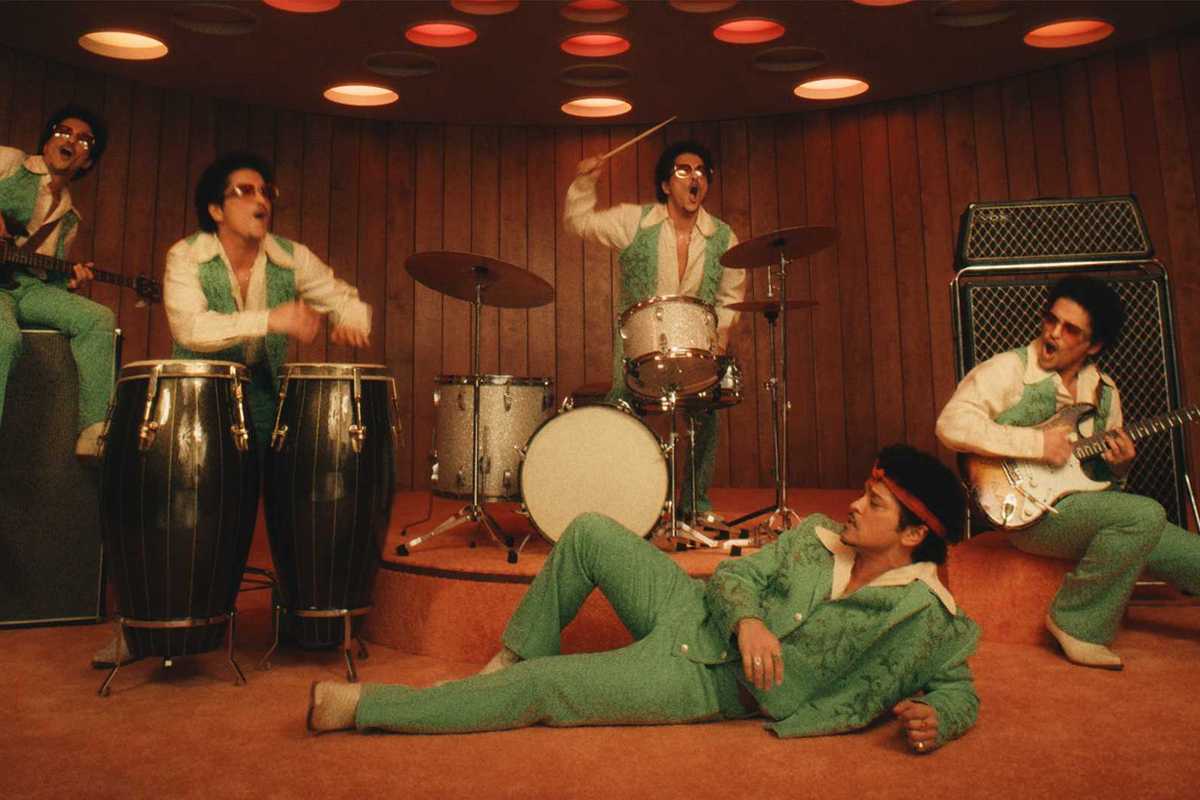Marc Cohn Survived 'Walking In Memphis'
There’d be a drive-time radio interview in the morning, I’d have to play it then. There would be some afternoon visit at a record company or another radio station, and I’d have to play in then. Four hours later, there was the show and, of course, I had to play it then. That got to be too much...

By External Source
There’d be a drive-time radio interview in the morning, I’d have to play it then. There would be some afternoon visit at a record company or another radio station, and I’d have to play in then. Four hours later, there was the show and, of course, I had to play it then. That got to be too much because it was telling the same narrative over and over on the same day. But, I have to say, when it comes to now just doing it once a night for a show, I’ve rarely had a night when I haven’t felt connected to what that song is about, what it means to me, what it’s given to me.
Luckily, I wrote songs that were about real things to me. “Walking in Memphis,” like some other songs I’ve written, is ultimately about the transformational power of music, how music can heal and change you. I wrote a lot about my early days when my mom and dad both passed away when I was quite young. So I wrote a lot of stories from different angles about that kind of loss. I’ve always written relatively personal songs. If they weren’t about me, they resonated with me on some level. Luckily, because so many things I wrote about were real and true and authentic, they hold up for me. I may have a different feeling singing them now, but I don’t feel disconnected at all.
– Marc Cohn in an interview with Eric Volmers, Calgary Herald
















